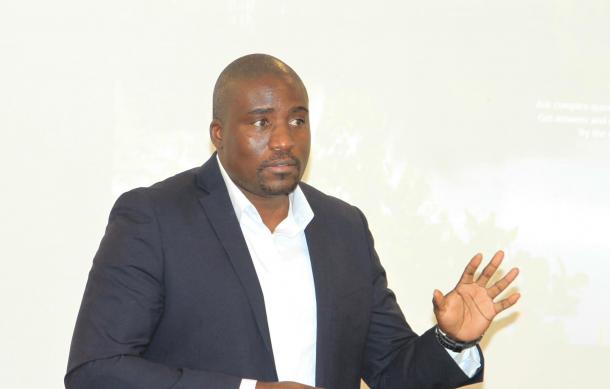
UNAM's Vice Chancellor, Professor Kenneth Matengu, is concerned about the application versus admissions ratio at the UNAM Southern Campus.
He raised this during his State of the University Address, which is part of the ten-year celebrations of the Southern Campus at Keetmanshoop.
Statistics for the last five years indicate that out of 9,000 applications received, only 2,500 students were admitted to UNAM Southern Campus.
Professor Matengu says that students did not meet the required minimum requirements due to poor performance in basic education.
"The reason why there is low participation in higher education in some sectors of the economy, even on green hydrogen, is this: it is not that the region is marginalised, but the number of people who would qualify is low, and it needs to be addressed. Parents, and churches, all need to participate to encourage people to take schooling seriously. I saw the statistics last night for the last ten years in the three regions south of Windhoek and south-east. The performance in the STEM subjects is very bad, and if you are not having good performance there, it means you cannot get into the hydrogen sector; you cannot get into oil and gas, so this is something that requires discussion and action."
UNAM is ranked 24th in the top 100 universities out of 2,500 universities in Africa. The university has thus far produced 3,000 research papers.
Professor Matengu said the University of Namibia's response to food security through its research programs over the years has resulted in the reduction of food imports from other countries. The Vice Chancellor shared a few examples during his presentation on the state of the university.
"There was a year like that when we could not get seeds from South Africa; we had to get seeds from Indonesia to plant, so these projects have chosen white maze, wheat, potatoes, and pearl millet. The experimental part of the project has been completed. We are now at the seed release and multiplication stage, so for the white maze, there were many varieties, but the 12 best were selected for release and multiplication, and three of the projects have been licensed to UNAM by CIMMYT, which means that UNAM will now be able to produce and distribute those seeds."





